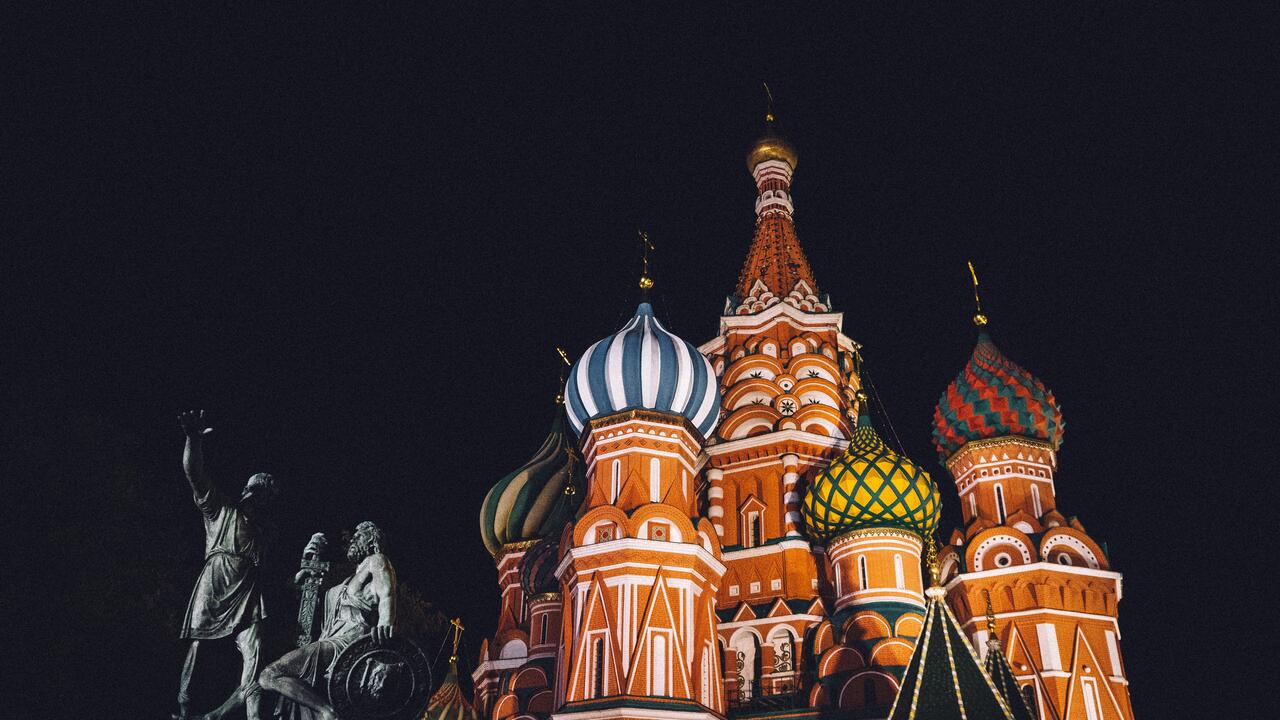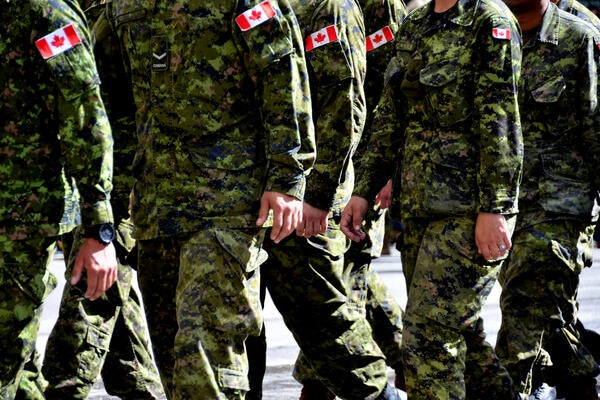
Q and A with the experts: The cyber threat to Ukraine’s history
Professor Ian Milligan on the reason Moscow is purposefully erasing Ukrainian digital information

Professor Ian Milligan on the reason Moscow is purposefully erasing Ukrainian digital information
By Sam Toman Media RelationsRussian President Vladimir Putin has publicly claimed Ukraine is not a country. History says otherwise. Ian Milligan is an associate professor at the University of Waterloo whose research focuses on ways historians can use web archives, as well as the impact of digital sources on historical practice. He weighs in on Russia trying to erase Ukrainian history and what Ukraine can do to stop it.
Why is data a potential casualty of this invasion?
War is bad for information preservation.
This is often just a casualty of conflict, affecting digital and physical information alike. The destruction of the Ivankiv museum near Kyiv is an example of this, where priceless paintings and artifacts were destroyed. Servers are in some cases even more vulnerable: power loss, connectivity loss and beyond and the information can disappear from the Internet in an instant. Without proper backups, or even if off-site backups are somewhere else in the country, you can imagine them being lost, given the scale of the Ukrainian conflict. The physicality of data can never be forgotten. The cloud seems like a magical thing, but of course, the cloud is just a bunch of servers.
Sometimes there is the deliberate deletion of information in a conflict. During the invasion of Crimea in 2014, for example, gunmen seized the Crimean Center for Investigative Journalism's offices. Staff were worried about the integrity of their website and contacted staff at the Internet Archive to say that they needed their material downloaded immediately. Within hours, copies were being saved by the Internet Archive.
Finally, there are sometimes also individuals who want to delete evidence of wrongdoing in a conflict zone. Perhaps the most famous example of this was the shoot-down of Malaysia Airlines Flight 17 in 2014. Shortly after its shoot-down, but before the crash was public knowledge, militants claimed they had successfully shot down a large plane. While they quickly moved to delete this post and evidence of it, the Internet Archive had already archived it.
What type of data is at risk?
Everything. This isn't hyperbole. Newspaper archives, personal webpages, government webpages, and beyond. Digital infrastructure is fragile.
What are the short- and long-term implications of data being missing or gone?
Short term, there are implications around our understanding of what's going on in Ukraine. Local journalists on the ground, newspapers, all of this provide crucial corridors of information to those of us who are not in Ukraine. There is also an ongoing propaganda battle being fought around the legitimacy of the Ukrainian government and/or the legitimacy of the Russian invasion, and taking this sort of information offline has dramatic implications for the global understanding of this context.
Long term, this all forms the historical record that in 20, 30, 40 years we will use to try to understand what happened. For example, social historians may use web data to understand what it was like living in Kyiv or Kharkiv during the onslaught or the trauma of fleeing one's home and family in such a terrible conflict. Political historians may want to use official digital records to explore policy decisions. Political scientists, economists, sociologists and others will use this data to answer various pressing research questions. While there have been many wars and conflicts in the digital age, Ukraine is developed and connected enough that the digital record left behind by the conflict will be exhaustive in nature.
How would they go about re-assembling this data if Russia leaves Ukraine?
Reconstructing digital data that's been archived outside of the country is difficult. Some of the data may have been saved, but it would be held by institutions such as the Internet Archive. But those links are permanent and long-lasting, and I suspect that there might be opportunities to work with cultural organizations to repatriate the data and bring it back home. But, without a doubt, there is a long road ahead.

Read more
Professor Veronica Kitchen answers questions about Canadian security in a more dangerous world

Read more
On 24 February 2022, Russia launched a large-scale military invasion of Ukraine

Read more
To meet our AI ambitions, we’ll need to lean upon Canada’s unique strengths
The University of Waterloo acknowledges that much of our work takes place on the traditional territory of the Neutral, Anishinaabeg, and Haudenosaunee peoples. Our main campus is situated on the Haldimand Tract, the land granted to the Six Nations that includes six miles on each side of the Grand River. Our active work toward reconciliation takes place across our campuses through research, learning, teaching, and community building, and is co-ordinated within the Office of Indigenous Relations.